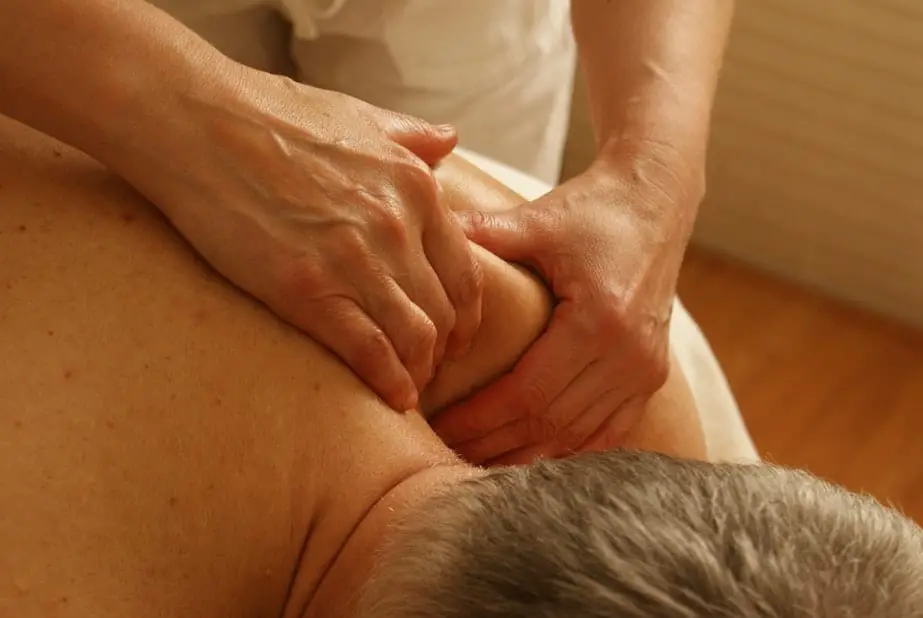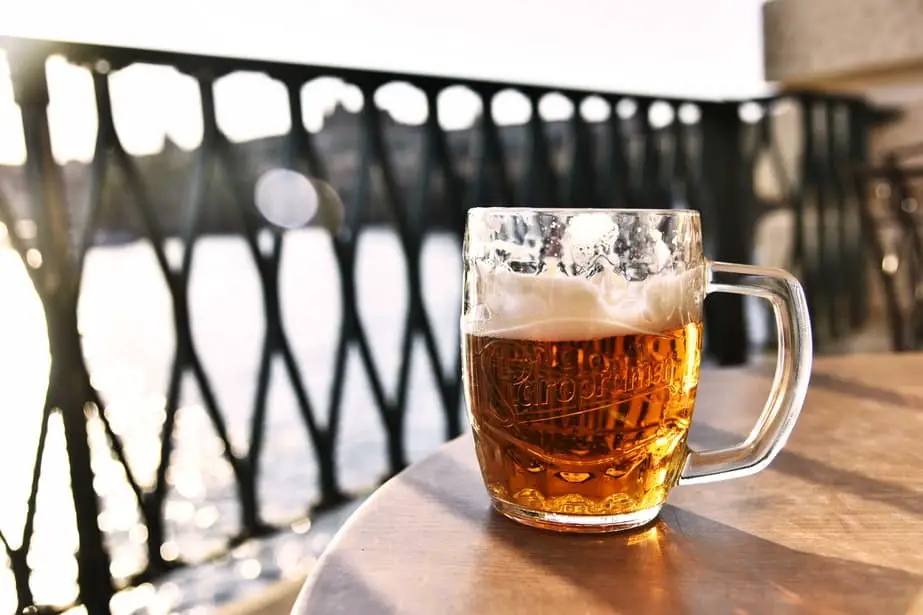For many divers, a disproportionate amount of time is spent on what to do before and during a dive. But there is rarely a discussion about what happens after a dive. Just like how there are guidelines and best practices for scuba diving, there are some considerations to take into account about what one should and shouldn’t do immediately after a dive.
Why you need to be cautious after diving
After a scuba diving session, the body is in a vulnerable state. Having spent some time in a high pressure environment while breathing compressed air, the body is now in the process of off-gassing the excess nitrogen still within it. Even after performing all of the safety stops during the ascent, nitrogen is still being released for some time at the surface. Because of this, there is still a risk of certain surface activities causing the nitrogen to be released rapidly leading to decompression sickness.
Just because a diving session is over doesn’t mean the risk of decompression sickness is completely gone. In this article, we will discuss what divers should NOT do after a scuba dive in order to stay safe. To sum it up, you should basically avoid traveling to high altitudes and drinking alcohol and a few other nitrogen releasing activities immediately after diving.
Flying after diving
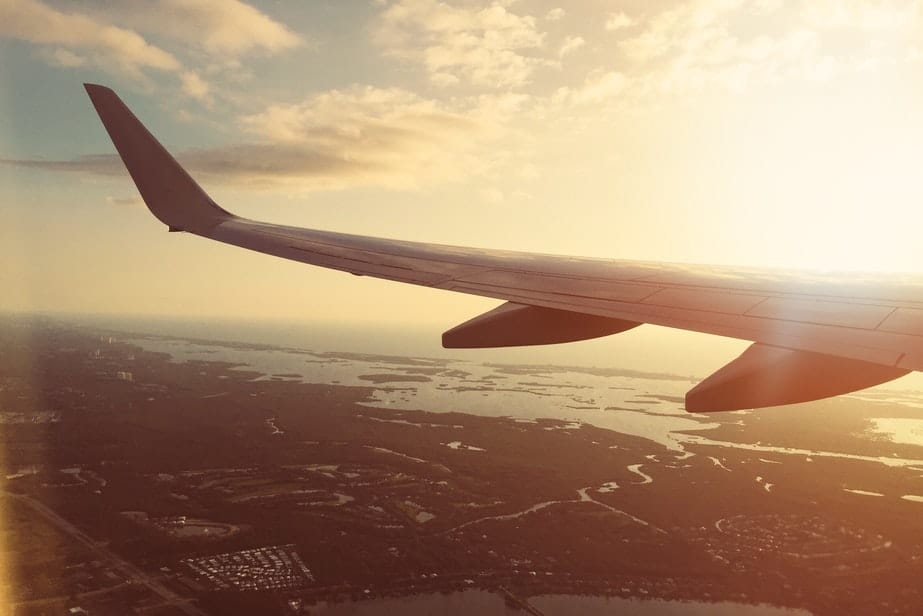
At the very top of the list of things you should NOT do after scuba diving is flying. Flying is notoriously risky for scuba divers and should be avoided for at least 12 to 24 hours. It’s not a good idea to go scuba diving and then fly on the same day. You should read our comprehensive article on this exact topic here, but we’ve summarized it in this article.
How long to wait before flying?
The Divers Alert Network (DAN) has guidelines for the minimum preflight surface intervals (how long one should wait) after diving before being able to safely fly. The guidelines are as follows:
- No matter what, a minimum waiting period of 12 hours is suggested.
- If multiple dives were done in one day or diving was done multiple days in a row, wait at least 18 hours.
- If a substantial amount of diving was done in the past few days, or there were any dives that required a decompression stop, then wait at least 24 hours before flying.
Other agencies, from the Professional Association of Diving Instructors (PADI), to the United States Air Force (USAF), to the Federal Aviation Administration (FAA), all provide similar recommendations of waiting 12 to 24 hours after diving before flying.
If you’re not sure whether you should wait 12, 18, or 24 hours, our recommendation is to just wait 24 hours to be on the safe side. For instance, how long do you wait if you’ve only done one dive recently, but your maximum dive depth exceeded 15 meters (50 feet)? Should you still only wait 12 hours, or is the depth enough to warrant waiting 18 hours? All of these considerations are pointless; just wait at least 24 hours if you’re unsure.
Going to high altitudes after diving
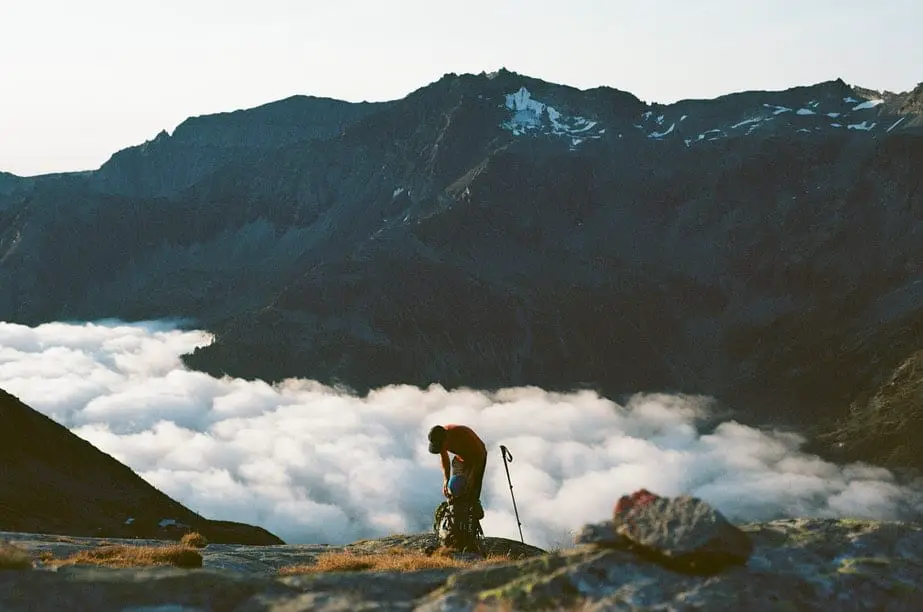
No, it is not a good idea to do any high altitude activity after diving. That means it’s not recommended for you to go: driving up a mountain, hiking up a mountain, mountain climbing, skydiving, air ballooning, zip-lining, parasailing, paragliding, or any other similar activities. We recommend you follow the same guidelines laid out by the DAN regarding minimum pre-flight surface interval times.
If you absolutely want to do them and scuba dive, then do these high altitude activities first. That’s why it’s also okay for you to scuba dive after flying. Your body has not yet absorbed an excess amount of nitrogen if you do these activities before diving, so it’s safe to do them first and scuba dive after.
The dangers of going to high altitudes after diving
During the course of a dive, your body will absorb an excess amount of nitrogen into your tissues and bloodstream. When ascending, due to the effects of going from a higher pressure environment to a lower one, the body will begin to expel or “off-gas” the built-up nitrogen.
Despite performing all of your decompression stops and safety stops and safely reaching the surface without issue, there will still be a certain amount of nitrogen left in your tissues. And if you go to a high altitude (lower pressure) environment then your body will rapidly expel the excess nitrogen and this could give you decompression sickness. For this reason, flying or going up a mountain are out of the question.
Regardless if you wait 12, 18, or even 24 hours after scuba diving, there are no guarantees that your body will not get decompression sickness. The likelihood of you experiencing decompression sickness after diving depends on various factors such as age, gender, weight, and pre-existing medical conditions.
Let’s say you go on a flight after diving. Modern aircraft cabins are pressurized to an altitude the equivalent of 2400 meters (8000 feet) above sea level. The decreased pressure at this high of an altitude can speed up the nitrogen off-gassing process. This is essentially the same as if you were to ascend from depth to the surface while diving without performing a single stop. The nitrogen can form into bubbles and cause decompression sickness.
If you start to suffer from the effects of decompression sickness while on an airplane, it will be deadly because of how long it would take to give you the medical attention you need. The best way to stop decompression sickness is with a hyperbaric chamber, and the airplane will need to make an emergency landing first before the affected individual can be transported to one. This delay before the appropriate treatment can be given can cause permanent damage.
Just remember that the longer your preflight surface interval time, the more nitrogen your body can safely off-gas. This will minimize your risk of getting decompression sickness when you board a flight, go up a mountain, or go to any high altitude location.
Exercising after diving
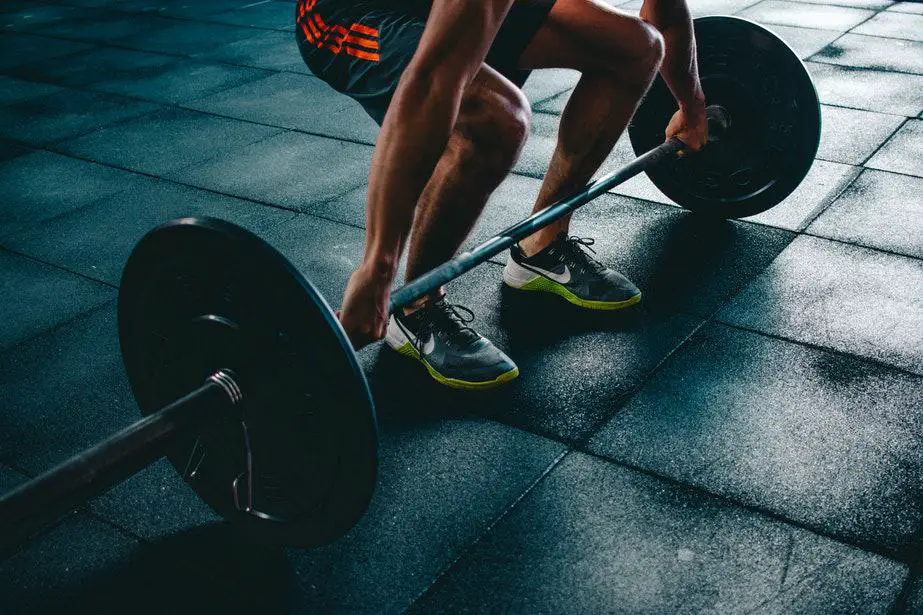
Currently, no study has established any links between exercising after diving and an increased risk of decompression sickness. However the general recommendation is to avoid strenuous exercise immediately after diving regardless. Once again, we heed the Divers Alert Network’s advice on this topic:
“Bubble formation, while noted earlier as not equivalent to or a guarantee of DCS, can indicate an increased risk for it. Intense physical activity… is believed to transiently increase micronuclei activity, the presumed agent of bubble formation.”
“Physical activity after diving may also stimulate additional bubble formation, possibly through a combination of increased microicronuclei activity and increased joint force. To reduce the risk, it is a good idea to avoid intense exercise 24 hours before and after diving.”
To be on the safe side, you should simply avoid hard exercises before and after diving. Particularly if you will be involved in repetitive dives or deep dives, you should give your body ample time to recover from the stresses of diving so that you will be on your A-game each time.
Drinking alcohol after diving
It is NOT a good idea to consume alcohol after diving unless it’s the last dive of your trip, or you are giving your body ample time to process the alcohol before the next dive. Obviously, we all know how dangerous alcohol can be. There’s a reason why you wouldn’t drink and drive or operate heavy machinery while inebriated.
Alcohol can impair a diver’s ability to exercise sound judgment and perform precise movements. In a study by the Journal of Studies on Alcohol and Drugs (JSAD), it was found that drinking caused “significant impairment of diving performance at BACs of 40 mg/dl (or 0.04 g/dl, or 0.04%) and higher.” Drinking two cans of beer is all it takes to be this sufficiently impaired. For reference, the limit to legally drive in the U.S. is a BAC of 0.08%, which takes approximately 3-4 drinks.
In the same study, when the divers were asked to rate their own performance afterwards, it was clear that “the divers were not aware of either their degraded performance or the increased risk of injury resulting from diving after drinking.” In other words, the diver’s didn’t even realize how badly they were impaired; they thought they had done well when they all failed the test. The divers felt like they were performing as usual, but to a sober diver, it was clear that something was off.
Since it is difficult for a person to perceive their own level of sobriety, it’s a huge gamble if they decide to go scuba diving if they drank earlier in the day. It’s possible that the alcohol has been metabolized after a few hours, but perhaps not. There’s no way to speed up the metabolization process either; it just takes time. With that said, there is another good reason why it’s not a good idea to drink and dive either.
Staying hydrated is important for scuba diving, and despite alcohol being a liquid, it’s actually a diuretic that causes you to lose more liquids than you are consuming through urination. All of the symptoms of hangovers are the result of being dehydrated. Furthermore, this could have an effect on your body’s ability to off-gas the excess nitrogen and may result in decompression sickness.
You can learn about what you can and can’t eat or drink before scuba diving by reading this article.
Taking a hot bath/shower after diving
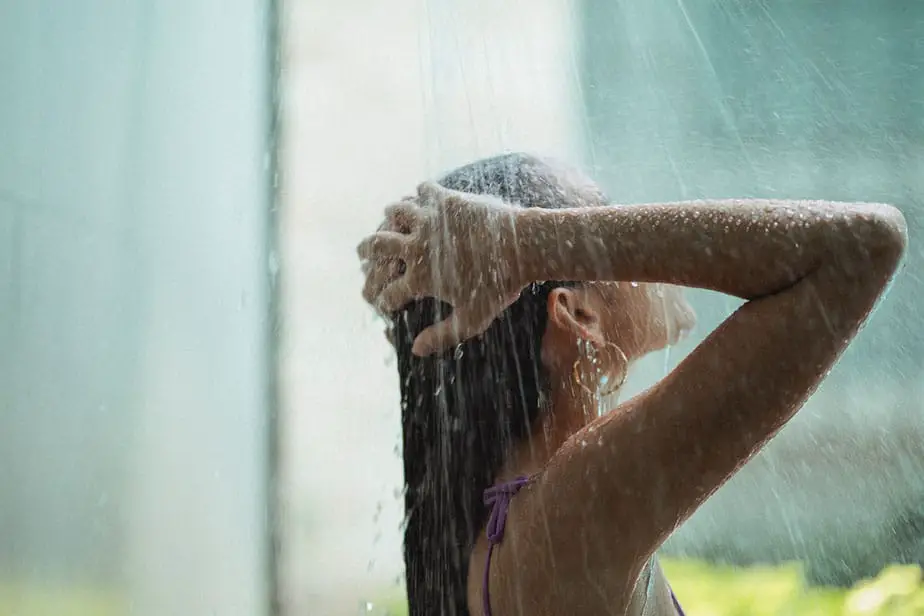
Exposing your body to hot temperatures, such as by relaxing in a hot tub or taking a scalding hot shower, is an attractive choice after a day diving in cold waters. However, there is a chance that this drastic change in temperature can affect your ability to off-gas.
According to DAN, “…as the temperature increases, gases usually become less soluble in water solutions (such as blood). Thermal stress can contribute to bubble formation, which makes it one of the contributing factors in decompression sickness risk.”
Thus, if you spent the day diving in cold waters for so long that you even needed a decompression stop or two, then the drastic change in temperature when you jump into a hot tub may have a more pronounced effect. On the other hand, if you spent the day diving in warm water before jumping into a hot tub, the effect may not be as adverse.
The recommendation is to wait at least 5-30 minutes after diving before hopping into a hot tub or hot shower. If you are unwilling to wait, either dive more conservatively, or use a lower temperature when showering.
Getting a massage after diving
There is no evidence suggesting that a massage after diving can cause decompression sickness. However, it is still not recommended to get a deep tissue massage because of how painful it can be. The muscle soreness that you feel could lead to a misdiagnosis of decompression sickness symptoms. Thus, if you want to get a massage after diving, consider getting a relaxing one like what you’d get from a spa.

